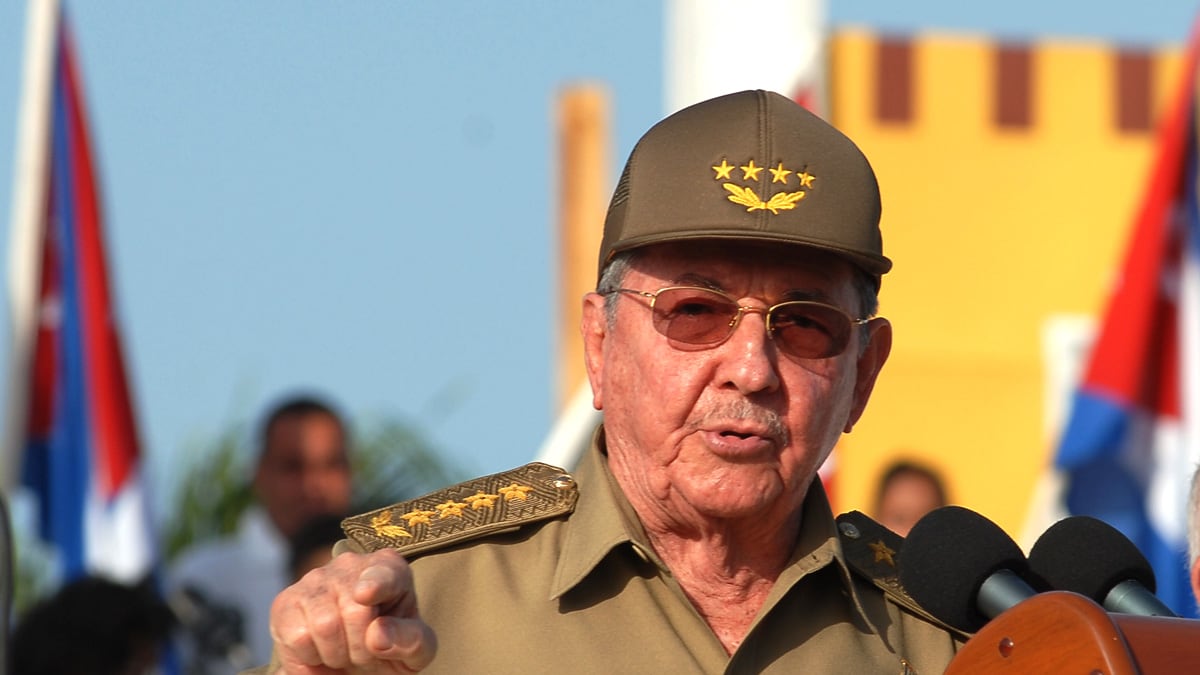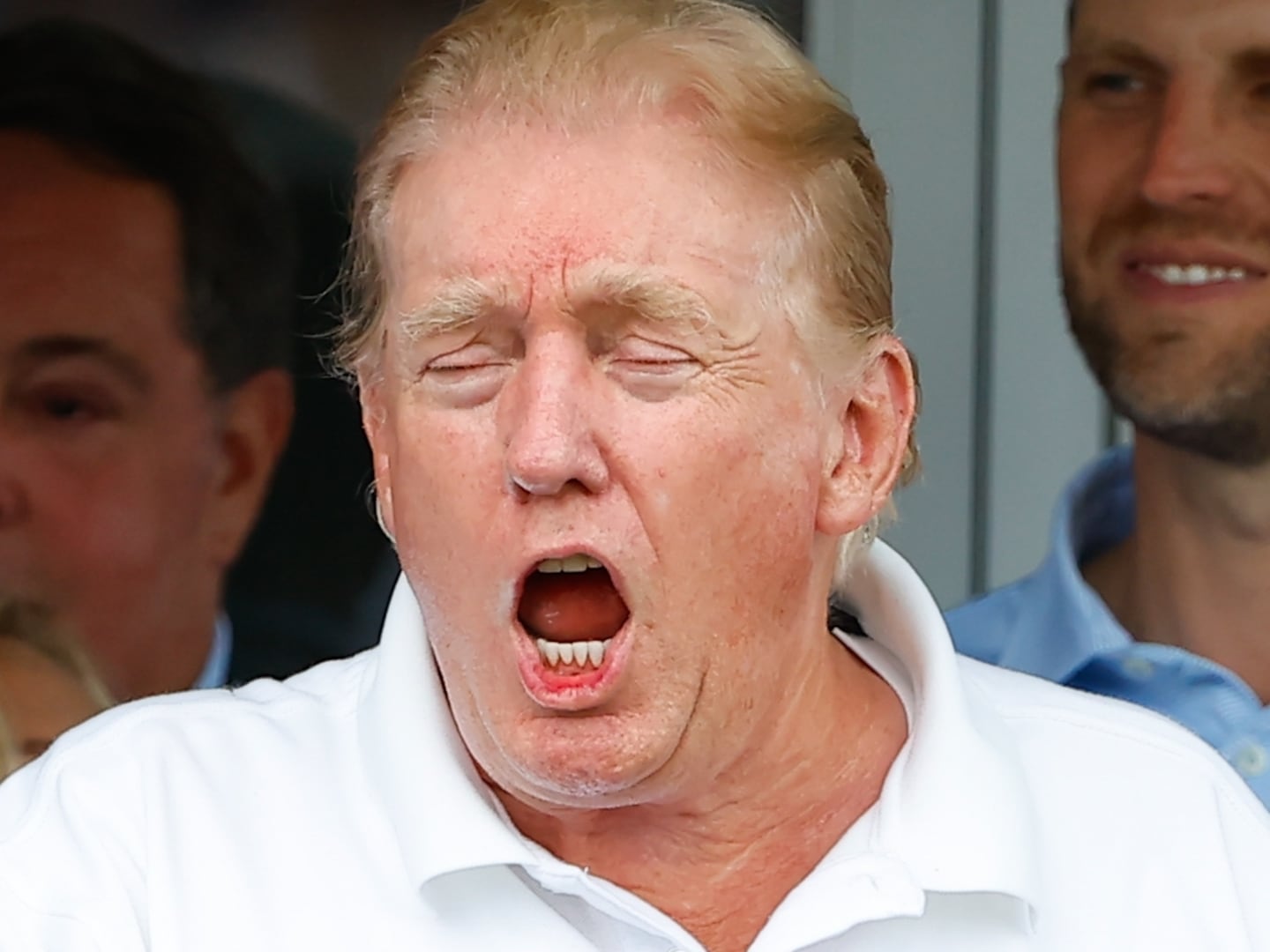After half a century in a bell jar, Cuba has just let a little more air into the Western Hemisphere’s most closely guarded nation. On Oct. 16, President Raul Castro’s government announced that starting early next year most islanders no longer will need to seek permission to travel abroad, lifting a barrier that has been in place nearly since the Cuban revolution.
Then, just a week later, on Oct. 24, Castro doubled down, allowing longtime Cuban exiles the right to travel back to the island they fled years ago. And so, with a few pen strokes, one of the world’s most unrelenting dictatorships, which made its name standing up to Yankee powers and turning its back to half a century of globalization, appears to be easing its grip.
Is the revolution going soft? Not necessarily. First of all, both these measures, which are due to lock in on Jan. 14, 2013, will be limited to the Cubans whom Havana selects as eligible. In other words, don’t expect crowds of anti-Castro dissidents lining up at José Martí International Airport. Nor are highly trained professionals, such as physicians and engineers, likely to get a free pass, for fear that brain drain could mine the already talent-depleted Cuban economy.
The new rules also limit the flow of overseas Cubans to the younger generations, those who left the island since 1994. Though Havana was not explicit, that cutoff appears designed to exclude the conservative old guard exiles—the gusanos (worms), in revolutionary parlance—who fled communism and still nurse a grudge against the Castro regime.
And yet undoubtedly changes are taking place on this island-state in the Antilles on a scale and ambition unseen since the Castros and Che Guevara swept down from the hills into la Habana. The rules on travel and migration are part of a suite of reforms that the Cuban regime has announced in hopes of not just kick-starting growth but also jolting the country out of a half-century of indolence and sclerotic policymaking dating back to last century’s socialism.
The remodeling began two years ago, when Raul Castro, taking over from the ailing Fidel, kicked off a national “discussion” to reinvent socialism. The conversation was code for an earthquake that set off a wave of bold reforms and tortured rhetoric. The aim was straightforward enough: shake up the dysfunctional Cuban economy in order to save the revolution.

Cuba’s woes dated from the collapse of the Soviet Union, which halted the Cold War sump pump the Kremlin tapped to distribute subsidies to its allies around the globe. Deprived of Moscow’s largesse, and having confiscated private property and industry, Cuba had no revenue stream to sustain its outsize bureaucracy. Raul Castro knew something drastic had to be done.
His answer was capitalism—by another name. He encouraged Cubans to “discuss openly and without worry” how to "upgrade the national economy." Talk gave way to action, and by early 2011 he had published his "Guidelines for Economic and Social Policy of the Party and the Revolution." The plan was a carnival of doublespeak.
One of the priorities was downsizing the bureaucracy, which in Cuba played the triple role of captain of industry, employer, and regulator—all of them badly. Castro spoke of massive layoffs, warning that up to 1.5 million state workers could be dismissed. He said the days were numbered for ration cards, which millions of Cuban families have used since 1962 to put cheap food on the table, at a steep cost to the public coffers.
Most of all, he said, Cuban culture need shaking up. Gone, he declared, were the “paternalistic practices” that “discourage the need to work for a living.” No longer could the revolution afford “the notion that Cuba is the only country in the world where it is possible to live without working.”
At the same time, he assured Cubans they would not be “abandoned to their own fate” and announced in parallel a series of perks for outsourced Cubans to buy and sell property, while vowing to multiply licenses for new businesses.
He then called for his compatriots to “revitalize” socialism by rewarding “each according to the quantity and quality of his work.” So much for the Marxist maxim of “from each according to his ability, to each according to his needs,” commented José Azel, professor of Cuban and Cuban-American studies at the University of Miami.
Two years on, however, the results have been modest. Yes, Cubans are free to buy and sell property and hire and fire other Cubans. Tens of thousands of former government employees have become grocers, restaurant owners, and tradesmen. Yet barriers abound. Enterprising citizens may go into business for themselves, but only in trades sanctioned by the government. Despite promises of facilitating startups and home buying, the bureaucracy has imposed even more rules, driving many to ignore the law and to pay for transactions off the books. Foreign made gadgets like flat-panel televisions and computers are welcome, as long as travelers shell out the scorching import duties.
Why have the promised changes been so slow and so timid? In a recent interview with NPR, Cuban-born sociologist Enrique Pumar, of Catholic University in Washington, D.C., blamed the stalled reforms on an encrusted mindset in Havana. While China and Vietnam are run by “new generations of leaders that have not experienced the revolution,” he said, Cuba is still in the hands of the same men who marched out of the Sierra Madre. Hence, Castro and his commissars have little enthusiasm for scrapping the rules.
“The regime in Cuba manages to hang on in part because they run an island. So there’s little contagion from places like Turkey and Syria,” says Riordan Roett, a Latin America scholar at Johns Hopkins. The result is a series of halfhearted reforms by old men in camouflage. “You get the sense that Raul [Castro] is grasping at straws, one step forward, probably two back.” That’s a dance that this cloistered island on the Caribbean knows all too well.






